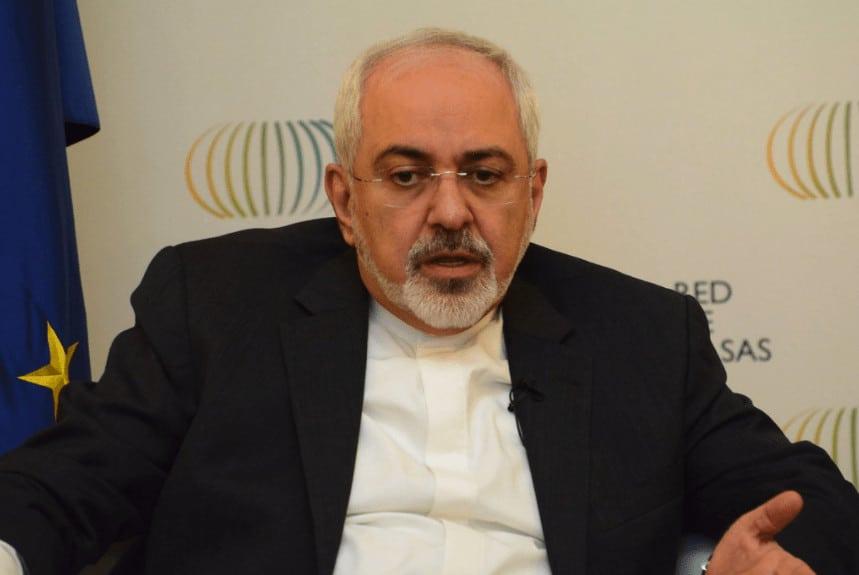The real Iran deal needs to include all the relevant actors

Originally published by the Jerusalem Post
Only the Cyrus Accords will bring prosperity to the Iranian people
Two deals involving Iran have caught global attention in recent weeks. The first is the much ballyhooed 25-year economic cooperation agreement between Tehran and Beijing. The second is the Joint Plan of Action (JCPOA) 2.0, which is apparently being negotiated by proxy in Vienna to address Iran’s nuclear activities, and which will presumably relax the Trump administration’s sanctions regime. Both deals have been used as evidence of the ascendance of the Iranian regime on the world stage as it regains economic strength and diplomatic legitimacy.
The fact of the matter, however, is that both are ultimately illusory as neither can effectively address either the fundamental insolvency of the Iranian economy or the true intent of the mullahs’ nuclear program. These two issues will only be satisfactorily resolved in the real deal Iran needs, which is comprehensive economic and security pacts between the United States, Iran, Israel and our other regional partners and allies: the Cyrus Accords.
While the headlines about the China agreement make it seem sensational, it is too little too late. First, even the regime-affiliated Tehran Times admits, “No price or value has been set in any aspects of the agreement and no strict obligations are defined. In other words, the agreement is just a roadmap that outlines the framework of the two countries’ cooperation in various areas over the next 25 years.”
Second, it would take much more than the $400 billion number floated in the press in a much shorter time frame to reverse Iran’s fiscal meltdown. As with most things involving the People’s Republic of China, this deal will come with any number of burdensome obligations on Iran, from heavily discounted oil to military basing rights. And the types of investments that will interest Beijing will be ones that employ Chinese companies and workers and further Chinese strategic interests, and so bring little material benefit to the Iranian people.
What income there is from oil sales will be funneled straight to the mullahs and their families, and to their military programs, including the nuclear program. China’s long trail of broken promises and abandoned projects should also add a dose of healthy skepticism about the real value of this agreement.
Likewise, the reboot of the JCPOA will generate exciting headlines as its predecessor did, and the Biden administration, like the Obama administration before it, is framing the new deal as the only alternative to a war in the Middle East. This rationale ignores the reality that the revolutionary regime in Iran has been at war with the US, Israel, its neighbors and the Iranian people since its founding in 1979. In fact, the regime has been designated as the world’s leading state sponsor of terrorism by the US State Department for nearly 40 years. JCPOA 2.0 will not result in a positive modification to this behavior, nor will the preemptive lifting of US sanctions result in an economic windfall that will improve the lives of the Iranian people.
Click HERE to read more.
Mohammad Javad Zarif, Ministro de Relaciones Exteriores de Irán by Casa de América is licensed under CC BY-NC-ND 2.0
- When David Met Lisa - December 20, 2021
- Why the United States, not China, needs to shape Middle East policy - December 20, 2021
- Victoria Coates on the confusion in Natanz - December 10, 2021
